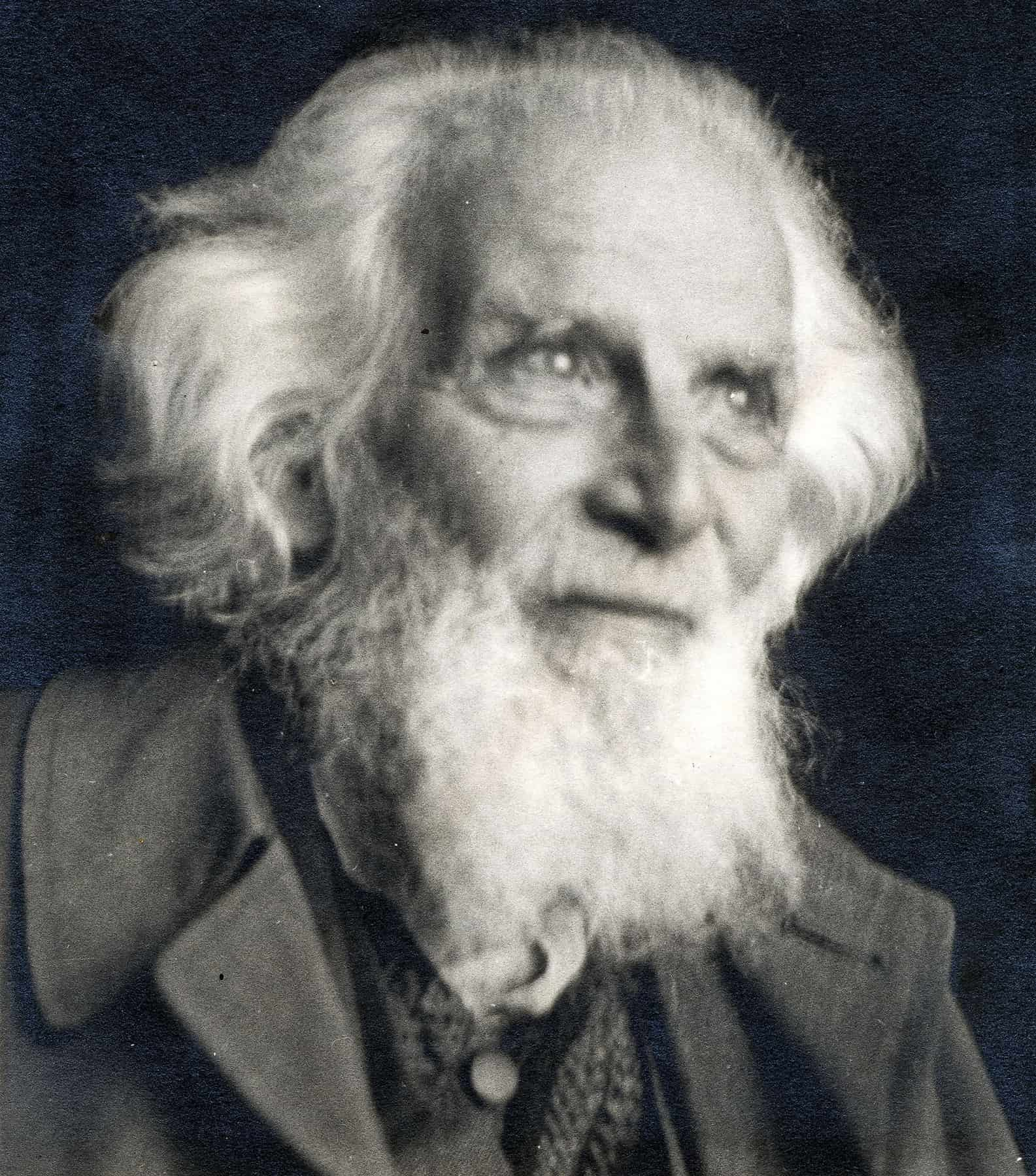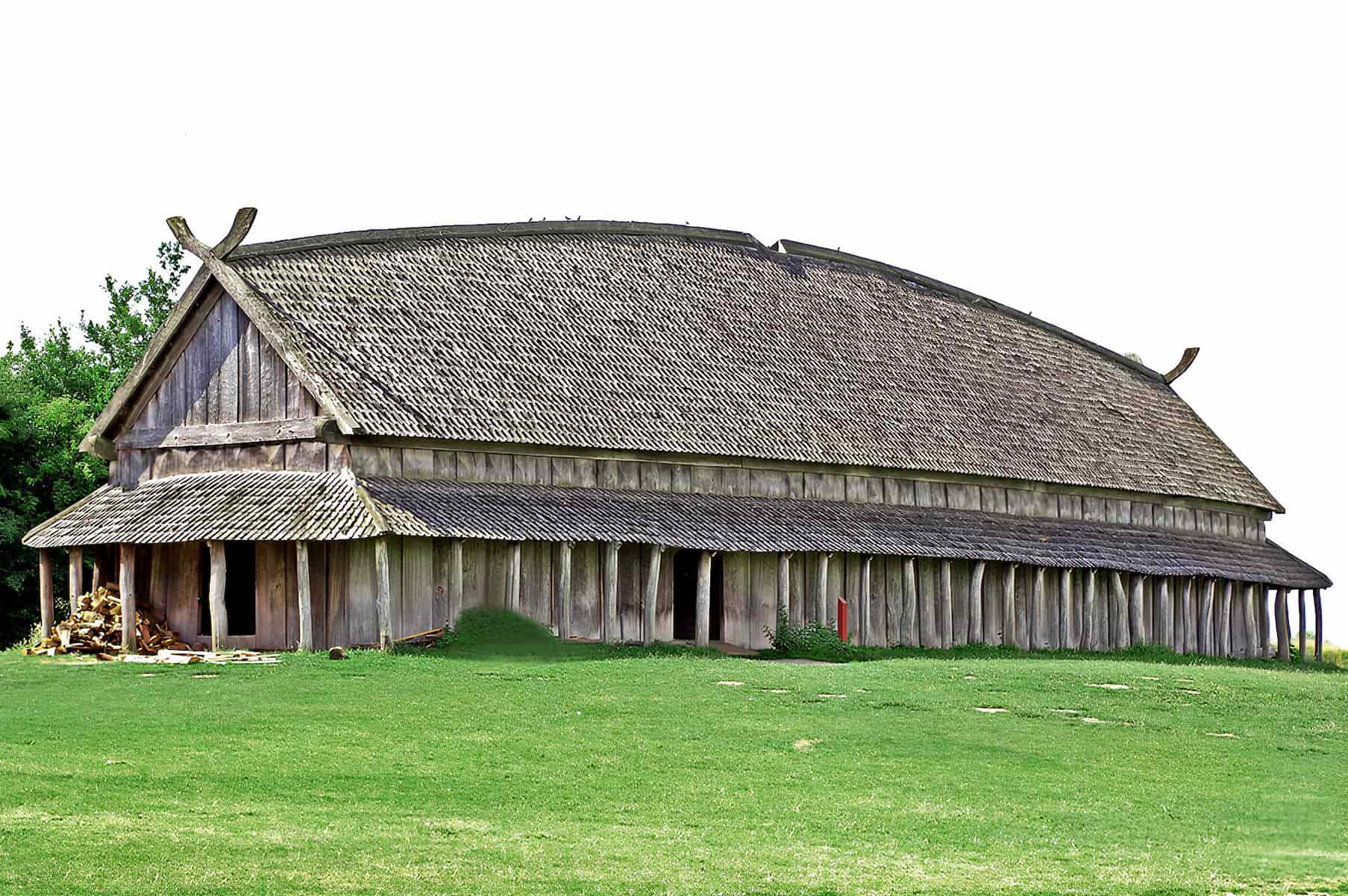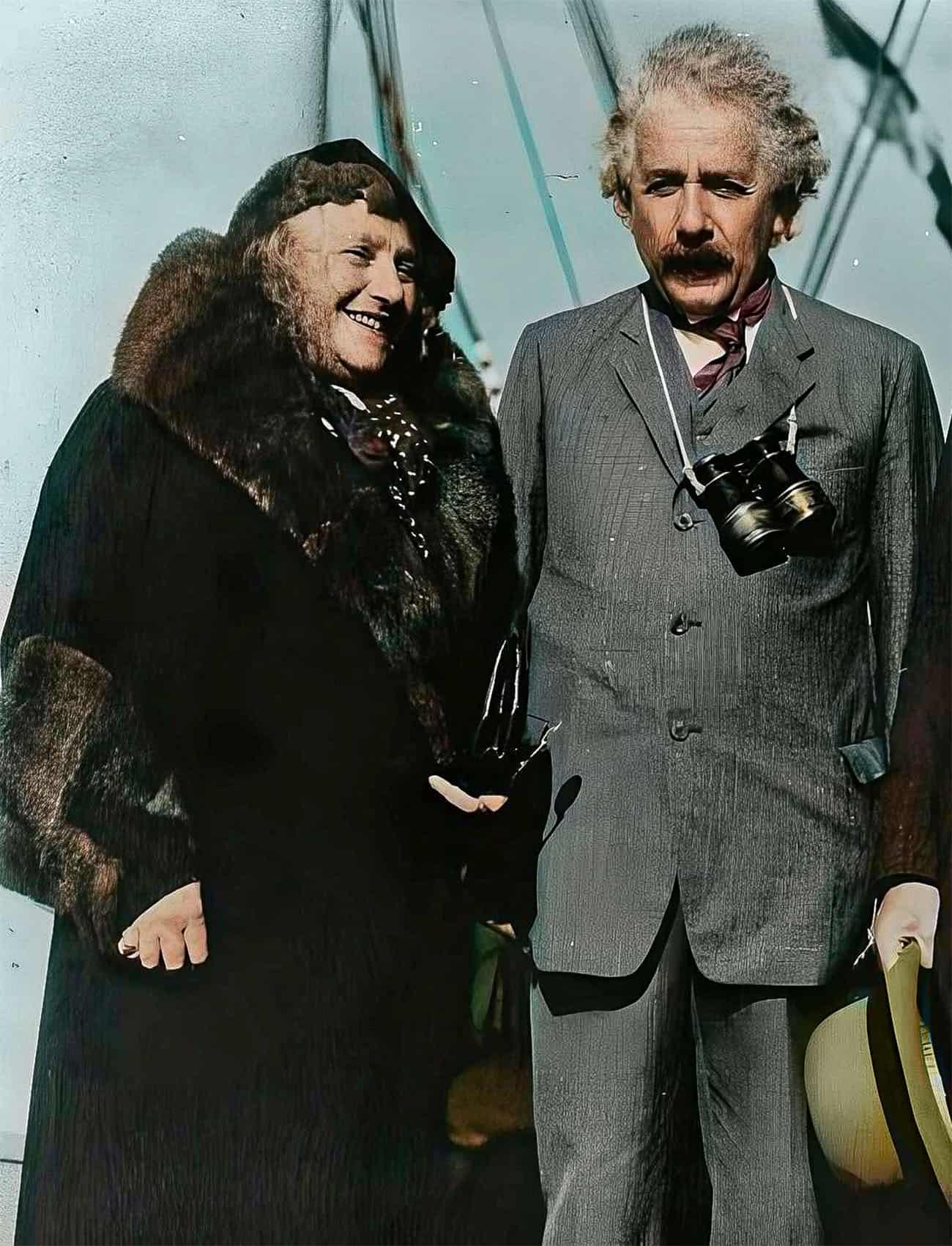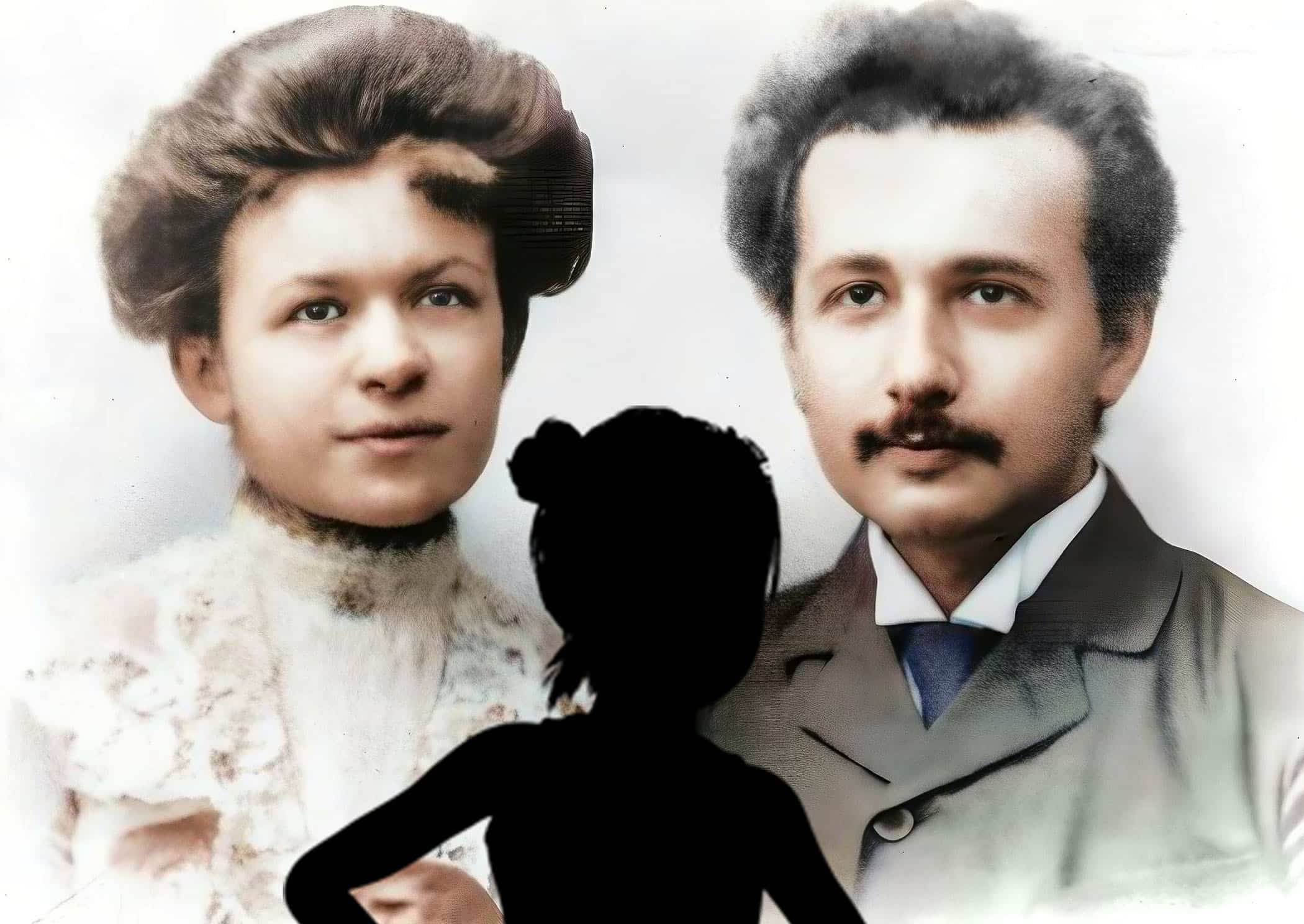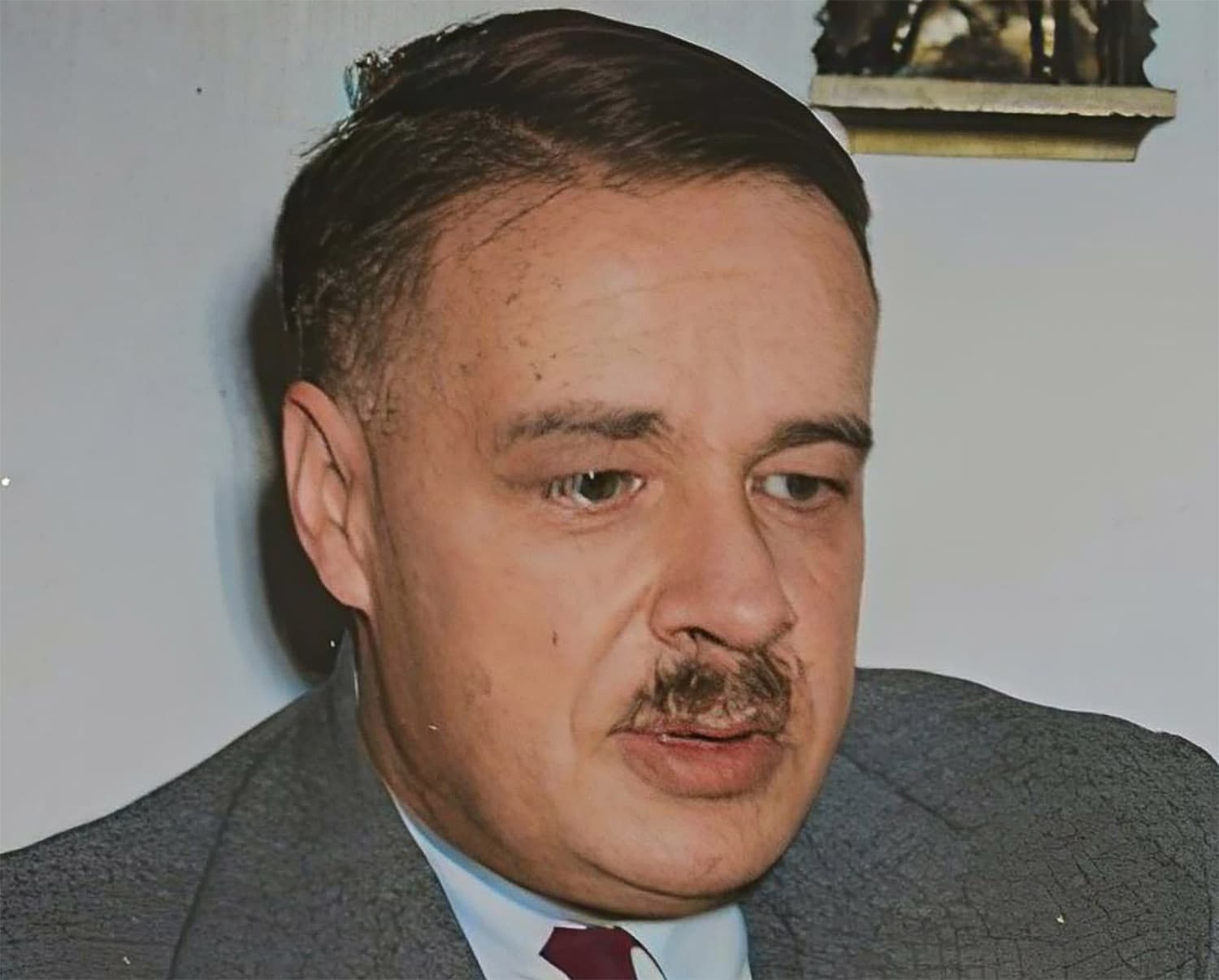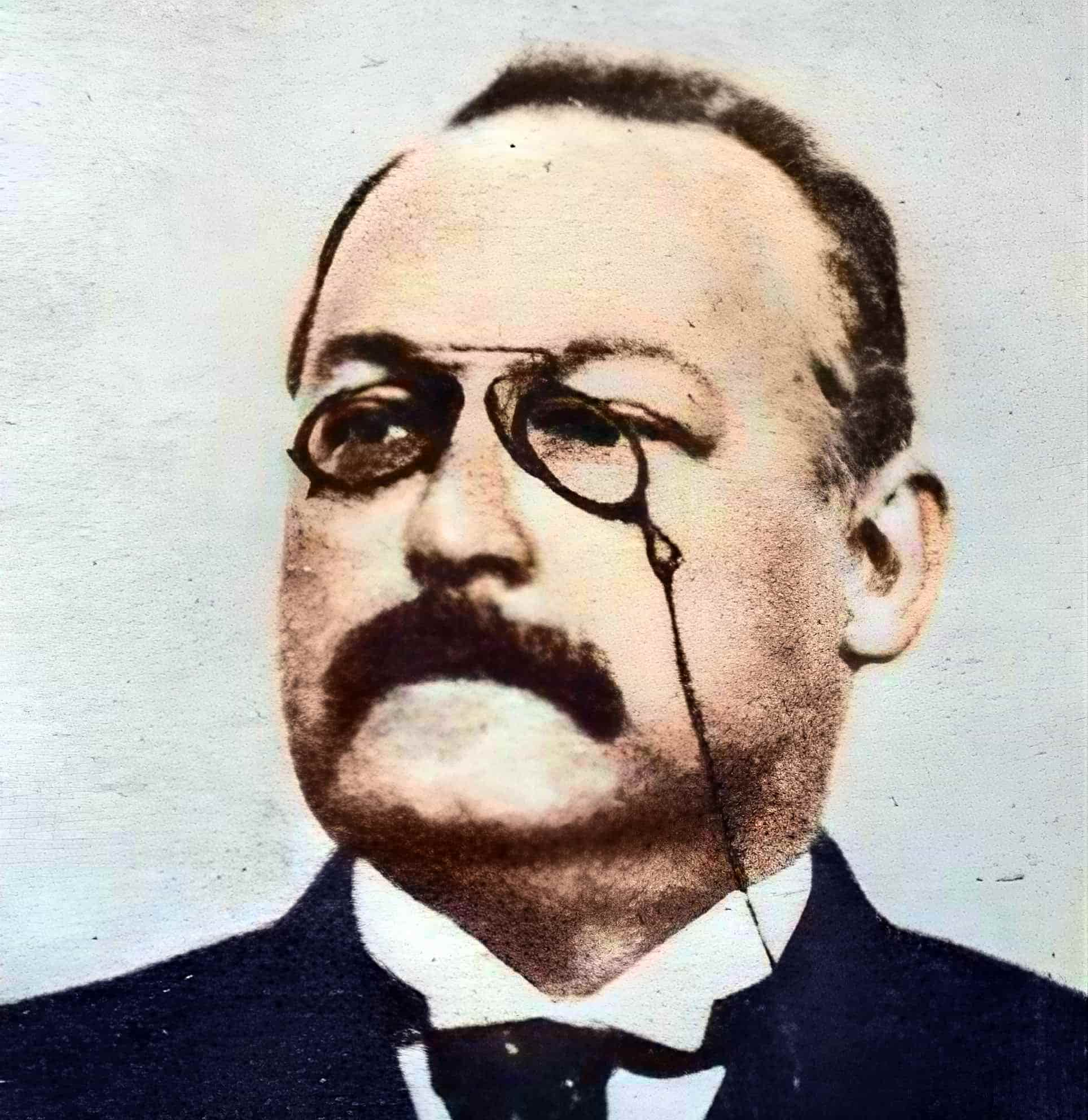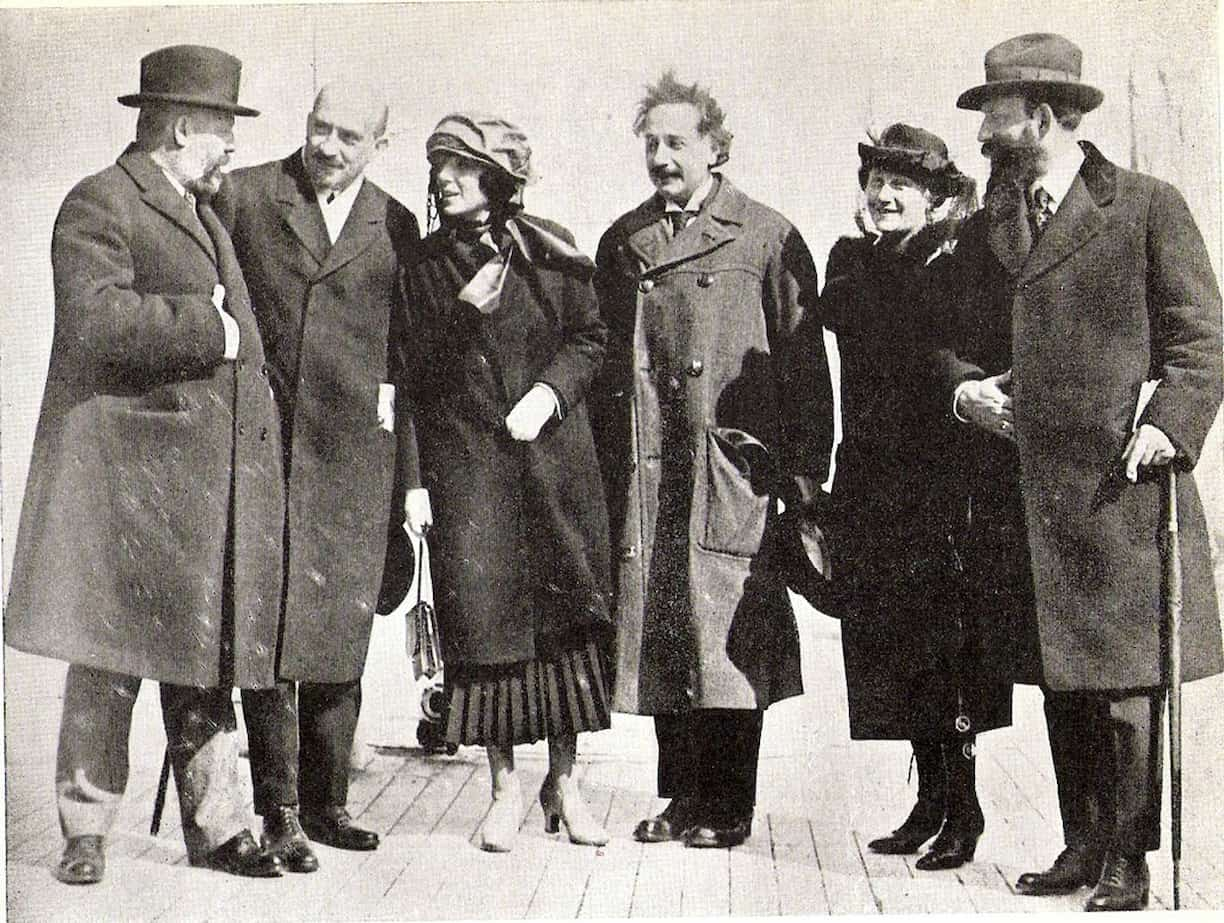- Evelyn Einstein, allegedly Albert Einstein’s granddaughter, was adopted by Hans Albert Einstein.
- She struggled with poverty despite her famous lineage.
- Einstein’s hidden letters caused family disputes.
Adopted by Albert Einstein, Evelyn Einstein was born on March 28, 1941, and passed away on April 13, 2011. She said she was Albert Einstein’s and a ballet dancer’s daughter. Hans Albert Einstein and Frieda, née Knecht, adopted Evelyn shortly after her birth. The University of California, Berkeley awarded her a master’s degree in medieval literature, after which she worked as a cult deprogrammer, a police officer, and a dog catcher.
Evelyn Einstein’s Life
Evelyn was adopted by Hans Einstein and his first wife, Frieda Einstein, after her birth in Chicago, USA, in 1941. Bernhard Caesar Einstein was the eldest of the three boys in the family, and he was Evelyn Einstein’s brother. Her other two brothers died while they were children. Evelyn’s mother was 16 when she gave birth to her, according to Chicago records.
Evelyn had a Master of Arts degree from UC Berkeley, read Shakespeare in German, and was fluent in four or five languages, which were more indicative of her Einstein DNA than her biological mother’s. At the age of 18, she was part of a group of child rights campaigners in San Francisco who were detained.
She had a 13-year marriage to the ‘famous’ anthropology professor Grover Krantz before divorcing and falling into abject poverty. Krantz was a peculiar anthropologist from Washington State who was determined to provide conclusive evidence for the existence of Bigfoot.
After ending her marriage (1964-1977), Evelyn was pretty much alienated from her father Hans and his second wife Elizabeth Roberts. According to her, her adoptive family treated her with contempt and lacked respect for her.
Living in the Streets
Hans and Elizabeth allegedly did not provide Evelyn Einstein with significant financial support despite her medical expenses. Evelyn had become so poor after her divorce that she had to spend months sleeping in her vehicle and eating scraps from the garbage. But she refused to panhandle for money. With some friendly help, she later found jobs as a Berkeley animal control officer and an auxiliary police officer.
She helped unearth Albert Einstein’s private letters at Berkeley in the 1980s. After successfully suing Einstein’s estate for shares in 1996, she subsequently lost a legal battle against the Hebrew University of Jerusalem for further rights. Allen P. Wilkinson started working on her autobiography in the weeks leading up to her death.
Evelyn as the Alleged Daughter of Einstein

Suspecting that she was the illegitimate second daughter of the Nobel laureate, Evelyn Einstein claimed to be the daughter of Albert Einstein. She claimed that the famed scientist, in order to prevent a scandal, gave her up for adoption by Hans, his biological son. In 1941, when she was born, Albert was 62 years old.
To Evelyn, the story that she was “grandpa’s” illegitimate daughter from an affair with a ballet dancer was told to her as a youngster and stuck. She said that this was proven when she learned that Frieda (her stepmother) had informed the headmaster at her Swiss boarding school that she and Hans had adopted her as a favor to Albert Einstein.
Historians on the great physicist have long believed that Einstein had an affair with a New York ballet dancer. Experts never completely dismissed this possibility, given that Einstein was notoriously unfaithful to his wife Elsa, and she was well aware of it.
As evidence for her claim, Evelyn Einstein said her adoptive parents had not actually wanted a child. “My father in particular rejected me,” she said of Hans Albert Einstein. “Maybe they were forced to adopt me. Who could say no to Albert Einstein?” She also said that her parents were too old to legally adopt her.
During the time of adoption Frieda was 46 years old and already showing signs of heart disease and Evelyn was eight and a half days old at the time. The DNA test using Albert Einstein’s brain cells reportedly failed since the cells could not be analyzed, as stated by Evelyn.
Perhaps the fact that Einstein admitted to having extramarital encounters with young women in his later years lent credence to Evelyn’s claim that she was really Einstein’s daughter and not his granddaughter.
Disputes Over Einstein’s Legacy
After Albert Einstein’s death in 1955, he left the Hebrew University in Jerusalem, Israel, with 75,000 papers and other belongings, rather than leaving his fortune to relatives. According to Evelyn Einstein, the $10 million annual income that was supposed to go to her from her grandfather Albert Einstein’s inheritance instead went to the Hebrew University of Jerusalem.
Around 500 love letters and other communication between Albert Einstein and his first wife, Mileva Maric, were made public when Evelyn, in 1986, found them in a bank vault in Berkeley, California. Thomas Einstein (the eldest son of Bernhard Caesar Einstein) and others had kept the letters hidden from Albert Einstein’s granddaughter Evelyn and others, leading to family litigation.
In 1902, Albert Einstein and Mileva Maric had a daughter named Lieserl Einstein, as shown by their correspondence, but her whereabouts beyond that date have always been unclear. Even on her deathbed, Evelyn was still wrangling with Hebrew University over her grandfather’s inheritance, and the manuscripts and letters had long ago been auctioned off for $900,000.
When compared to other famous people like Michael Jackson and Dr. Seuss, Albert Einstein’s license revenue clocks in at number eight.
Evelyn Einstein’s Later Years and Death
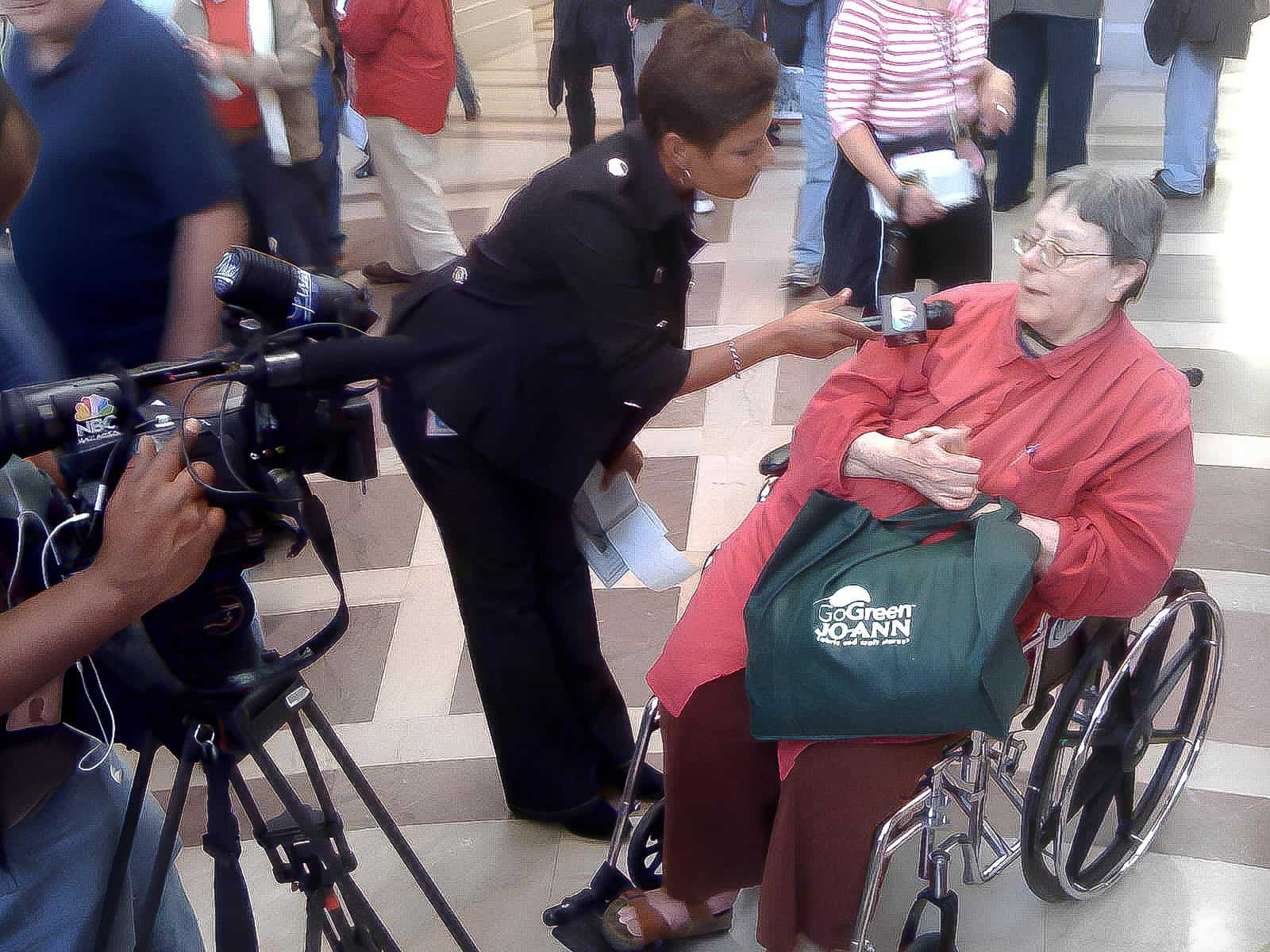
Evelyn Einstein had a late-in-life dream of inheriting some of her renowned grandfather’s wealth, but she was ultimately disappointed. She was a poor California resident. “Everyone thinks I’m unspeakably rich and that I have a screw loose because I don’t spend my money,” Evelyn said. However, she claimed that she had no money.
The Hebrew University of Jerusalem has been the owner of the intellectual rights to Albert Einstein’s works since 1955. The institution trademarked Einstein’s name as well. The sale of Einstein t-shirts, mugs, and bobblehead dolls has been a source of revenue for the university. It is estimated that royalties of roughly $10,000,000 were collected in 2010 alone.
Evelyn didn’t understand what plastic figurines had to do with her grandfather’s scientific legacy, but she could use a portion of this cash. “I don’t want to be rich,” she said confidently. Just get her into an “assisted living facility”, was all she asked. However, the inquiries to the school proved fruitless during her lifetime.
Evelyn Einstein had a townhouse in Albany, California, with a view of San Francisco Bay from the mid-1990s until her death in 2011. Her life was marred by mental distress and physical illness (including breast cancer and liver disease), which put her in a wheelchair covered with Star Trek stickers.
Despite all that, she had a reputation for being smart, funny, and upbeat on the few occasions when she wasn’t melancholy, in the face of her numerous hardships. She died at the age of 70 on April 13, 2011, in Albany, California as the adoptive grandchild and alleged daughter of Albert Einstein. Nonetheless, she lacked proof to back up her latter assertion.
References
- Einstein’s granddaughter dies – CNN.com
- Evelyn Einstein Died in Squalor, Despite Grandfather’s Riches – ABC News (go.com)
- My Friend Evelyn Einstein – Guernica (guernicamag.com)







